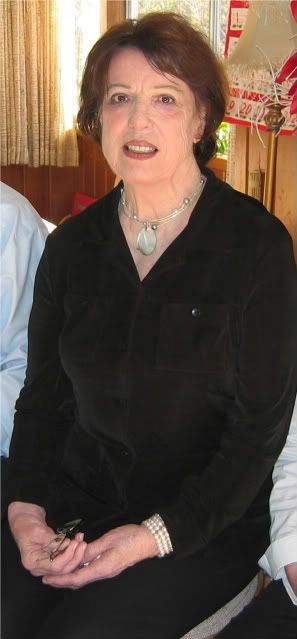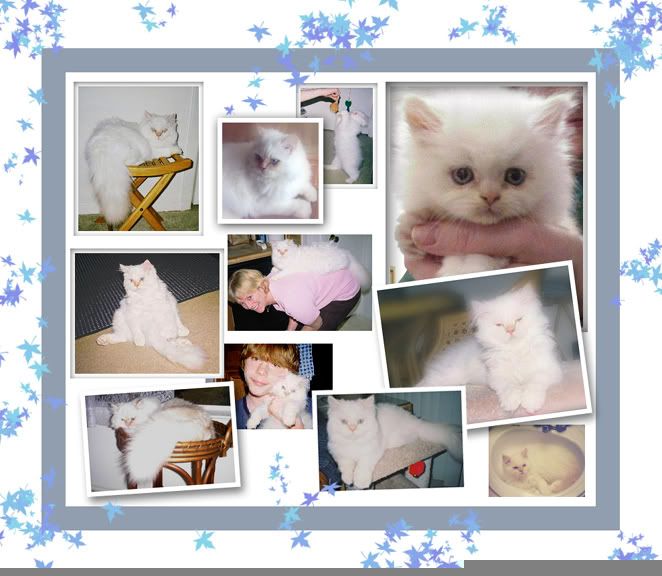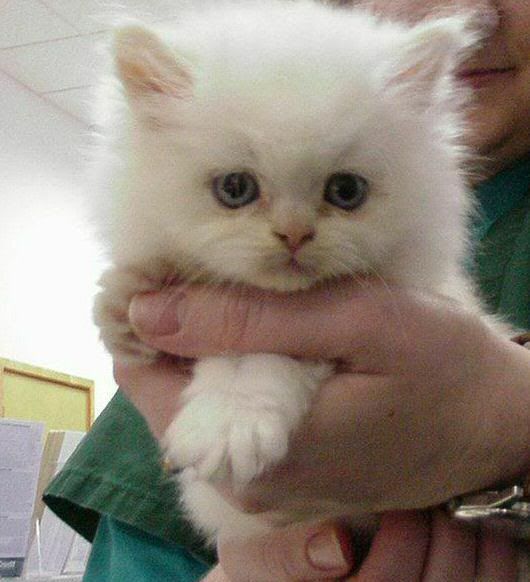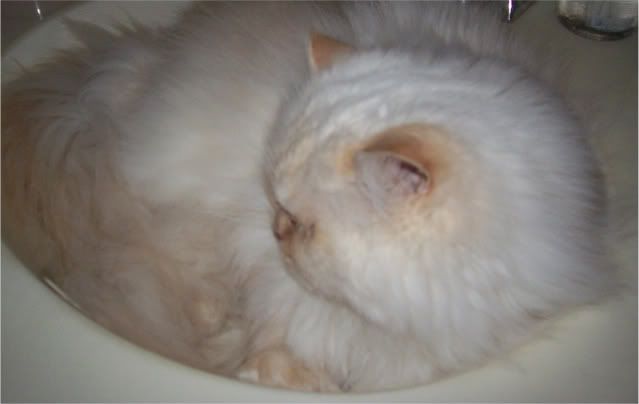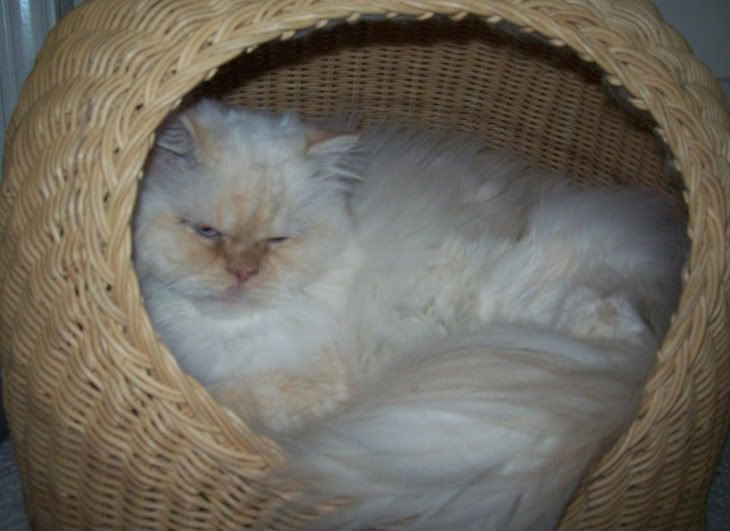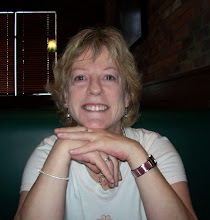Prolonging Death at the End of Life By Theresa Brown, R.N.
Before I became a nurse I taught English at Tufts University. I always had my students read a short story called “The Ones Who Walk Away From Omelas,” by Ursula K. Le Guin. It’s a story about a beautiful city called Omelas, filled with happy, prosperous people and their children, whose lives are untroubled by sadness or pain.
But there’s an ugly secret. For Omelas to prosper, one child must live in a small, dank, windowless basement room, undernourished, fetid and neglected. It’s a killer story, and I had my students read it so we could discuss how a society’s achievements sometimes can’t be separated from the misery of others.
We recently had a patient on my hospital floor who painfully brought to mind that suffering child and the story of Omelas. He was young, in his 20s, and had undergone an allogeneic stem cell transplant as the only chance of curing his cancer. He had many of the more severe complications that can occur with this treatment. A virus had turned his urine red with blood. His transplanted cells attacked his own body, leaving him temporarily blind and causing his skin to age unnaturally. His liver was slowly failing. He had almost constant diarrhea and for long periods got his only nutrition intravenously.
For months he stayed on our floor, slowly getting worse. In the end he couldn’t live without constant transfusions. Every time he stood up he leaked blood. Then his mind started to fail, too.
His doctors continued to throw one last-ditch treatment after another at him. Not one of them made a real difference in the patient’s condition, and each came with its own set of potentially dangerous side effects. Finally, and against the express wishes of at least one of his doctors, his parents decided to stop all medical care. Soon after they watched their son die.
Scenes like this are all too common in U.S. hospitals today. That is why proponents of health care reform call for provisions that would encourage patients to talk about end-of-life treatment long before they get there. For this patient, a lot of money was spent on care that made him worse when it could have been used to make someone else better. But more than that, we prolonged his suffering, racked his body with one toxic treatment after another, and held out false hope to him and his parents.
Taking care of this patient also made some of the nurses on the floor yearn for a more humane job. As one put it, “This is torture.”
Many of us found it hard to come to work. The young man wasn’t my patient, but we all knew him and his parents by sight, and knew their story. As time passed I began to feel deeply ashamed of what we were doing to him. The professional label for the feelings we nurses had is “moral distress,” the anxiety, fatigue and hopelessness that providers experience in the face of medically futile care.
The aggressive treatment reminded me of Omelas. In this case, the shining city was the edifice of modern cancer treatments and modern medicine in general.
Medicine today achieves great things, but too often when patients have no hope of surviving we use technology and drugs simply to keep people alive. Those racked bodies give us the peace of mind that when our time comes “everything will be done,” and we will get our own chance at a miracle. This patient’s suffering was one way, for the doctors at least, to keep the dream alive.
He was charming, friendly, good-looking; everyone wanted him to get better, to live. But believing that we could save him did not make saving him possible.
Ms. Le Guin’s short story ends by explaining that a few residents of Omelas become so distressed to learn of the suffering child that they decide to leave the shining city, never to return.
It’s estimated that as many as 15 to 25 percent of nurses quit their jobs as a result of moral distress, also never to return. We do such good work here, and in truth I mostly love my job. I don’t want to be among the ones who walk away from Omelas.
Multiple Minneapolis Murders
4 days ago
